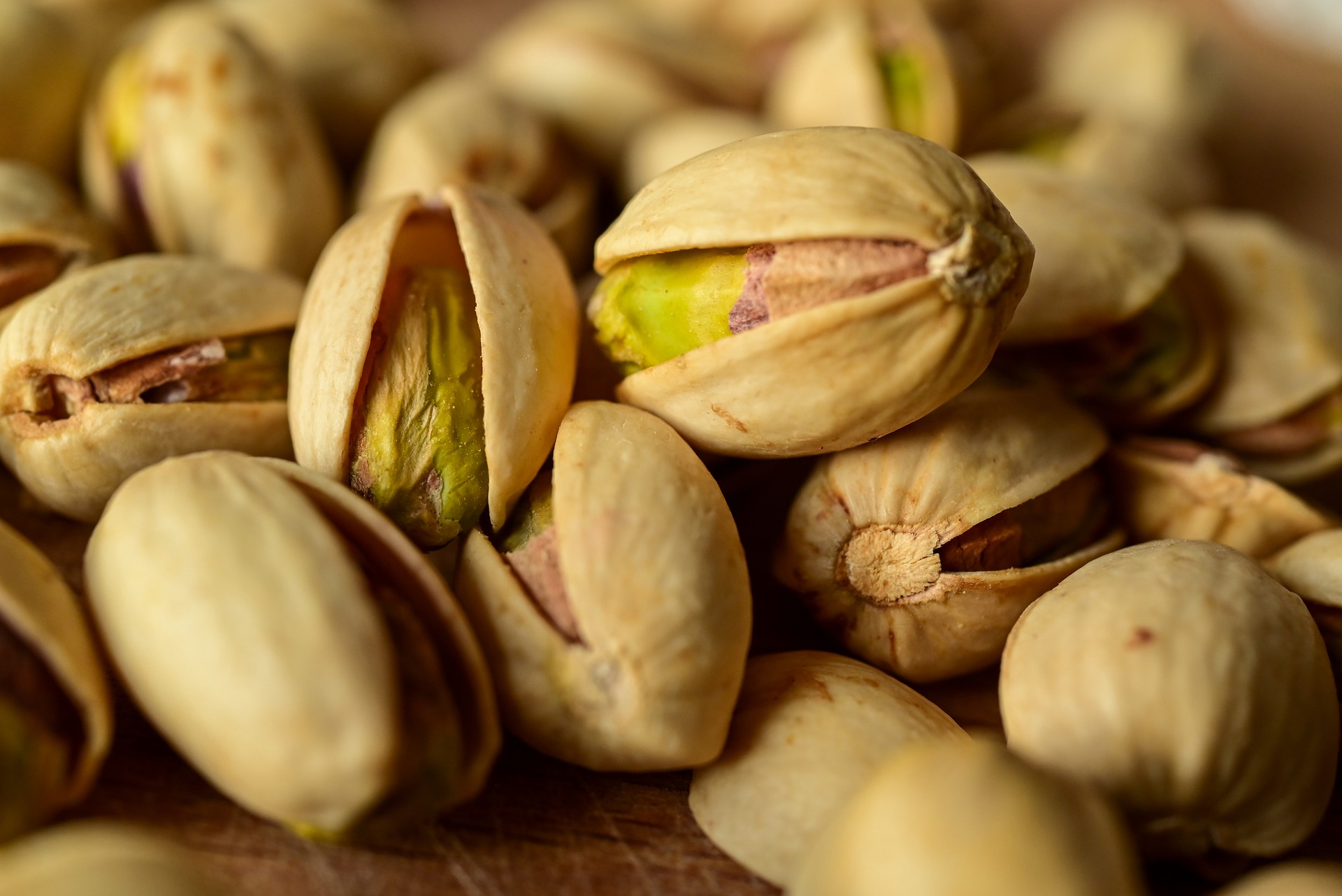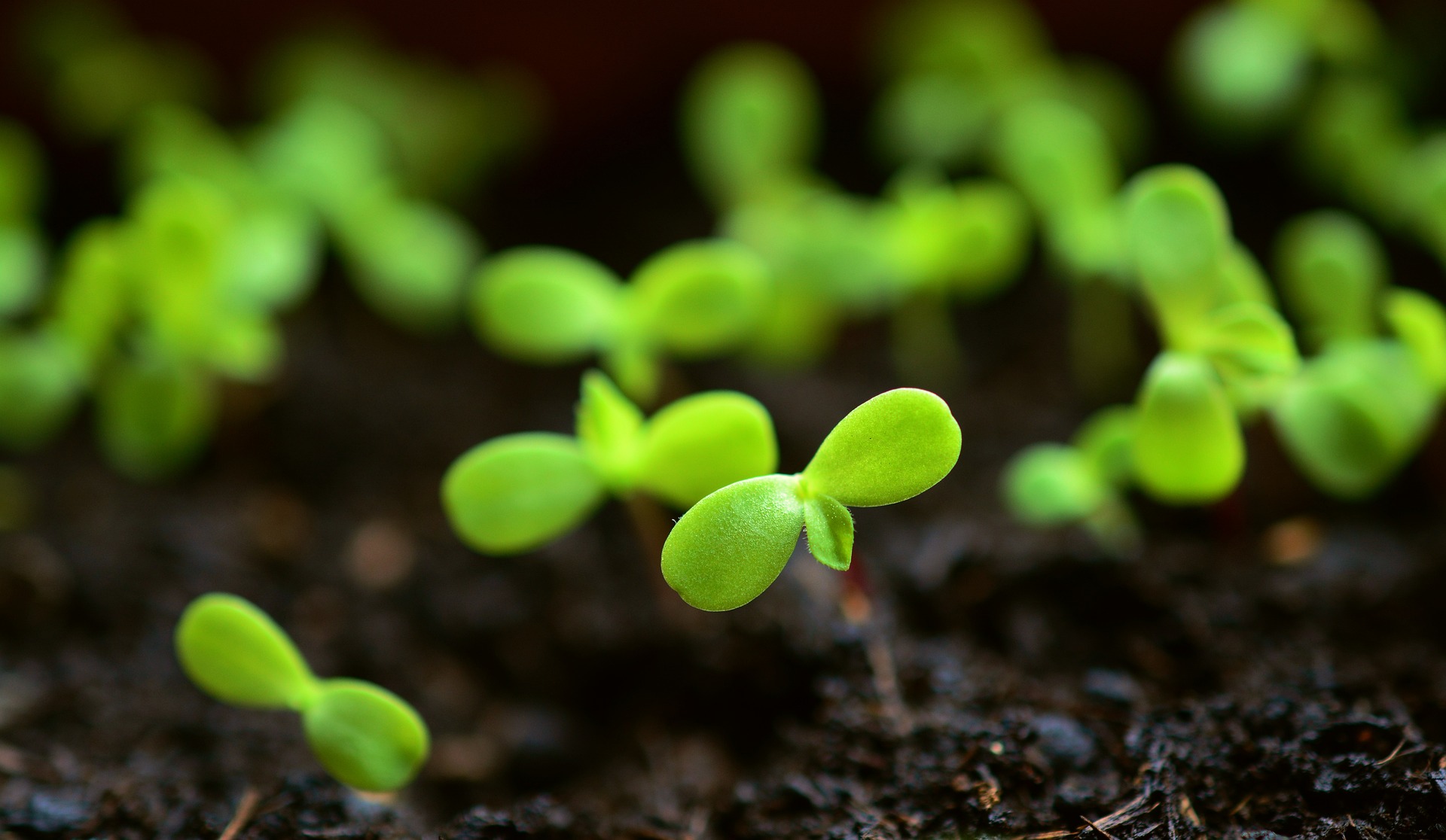Heat Stress: The “Silent Threat” in a Warming World
With global warming accelerating, heat stress is becoming a serious threat to crop productivity worldwide. Prolonged high temperatures damage plant cells, reduce photosynthesis efficiency, impair flower and fruit development, and ultimately cause significant yield losses. The Food and Agriculture Organization (FAO) warns that climate-induced crop damage will expand dramatically in the coming decades. In this context, scientists are exploring low-cost, practical methods to enhance crop heat tolerance — and one surprising candidate is ethanol.
RIKEN’s Discovery: The “Ethanol Effect”
In February 2024, Japan’s RIKEN Institute announced research showing that ethanol spray can protect tomato leaves and increase yield under heat stress【RIKEN, 2024】. The study used the miniature research tomato variety Micro-Tom. Seedlings were pre-treated with a low concentration of ethanol (0.12%) before being exposed to high-temperature conditions. Researchers then measured survival rate, growth, fruit yield, and both physiological and molecular responses.
Switching on the “Heat-Defense Mode” at the Gene and Metabolite Levels
The results were striking: ethanol-treated tomatoes showed significantly higher survival rates and fruit yields under heat stress compared to untreated plants. Genetic analysis revealed earlier and stronger activation of heat shock proteins (HSPs) and antioxidant-related genes. Metabolomic profiling also indicated biochemical shifts, suggesting that ethanol acts as a “chemical primer” — preparing the plant’s defense systems before the stress occurs.
Why Does Ethanol Work?
Ethanol is highly volatile and can influence cell membrane fluidity and redox balance in plant tissues. These subtle changes may trigger stress-response pathways, functioning much like a “preventive vaccine” for plants. Importantly, the experimental concentration was far below that of beverage-grade alcohol, avoiding toxicity while retaining effectiveness. This low-dose design opens the door to practical agricultural applications.
Agricultural and Business Applications
This discovery could lead to the development of low-cost agricultural additives for heat stress management. Ethanol could potentially be incorporated into existing foliar sprays or crop protection solutions, providing dual benefits such as pest/disease control and enhanced heat tolerance. Because ethanol can be produced from fermented sugars, it could also fit into local, circular agricultural systems. However, commercialization would require navigating legal frameworks such as pesticide regulations and alcohol taxation, which vary by country and region.
From Kitchen Alcohol to Global Food Security
Ethanol has long been used as a fuel, disinfectant, and chemical feedstock — but this research expands its role into “a tool for safeguarding crop health.” As the climate crisis intensifies, such affordable and sustainable technologies could make a substantial contribution to global food security. Future studies may explore ethanol’s effects on other crops and at field scale, potentially benefiting everything from home gardens to commercial farms. The next agricultural innovation to make headlines might just be sitting in your kitchen cabinet.



コメント